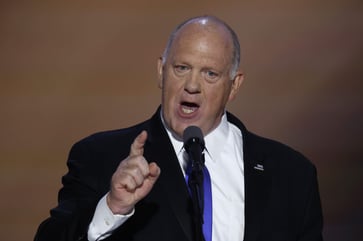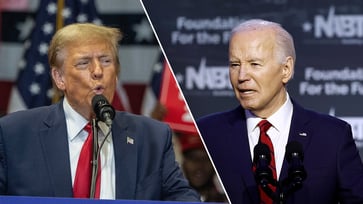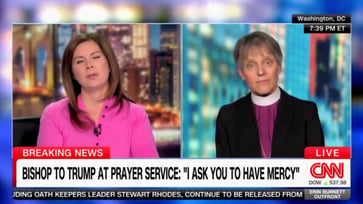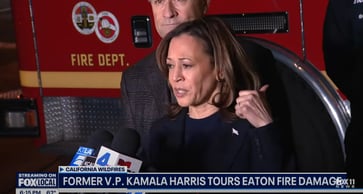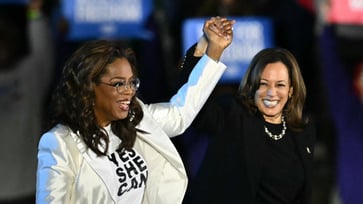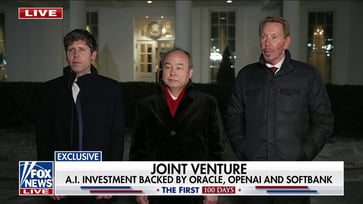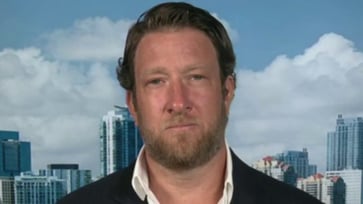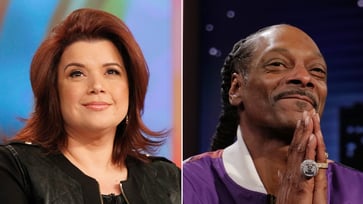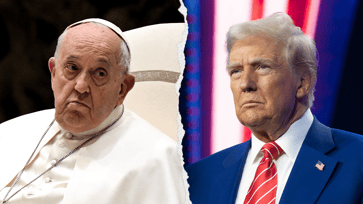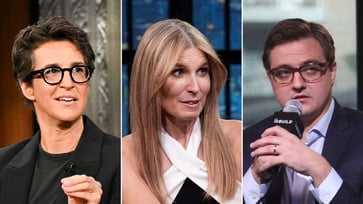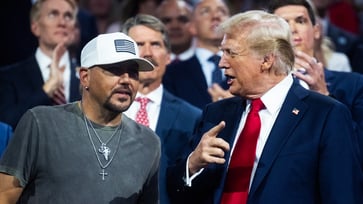Facebook's Censorship Policies: A Look Back at Zuckerberg's Positions
Facebook's content moderation strategy is undergoing a significant change with Meta's new free speech policies.
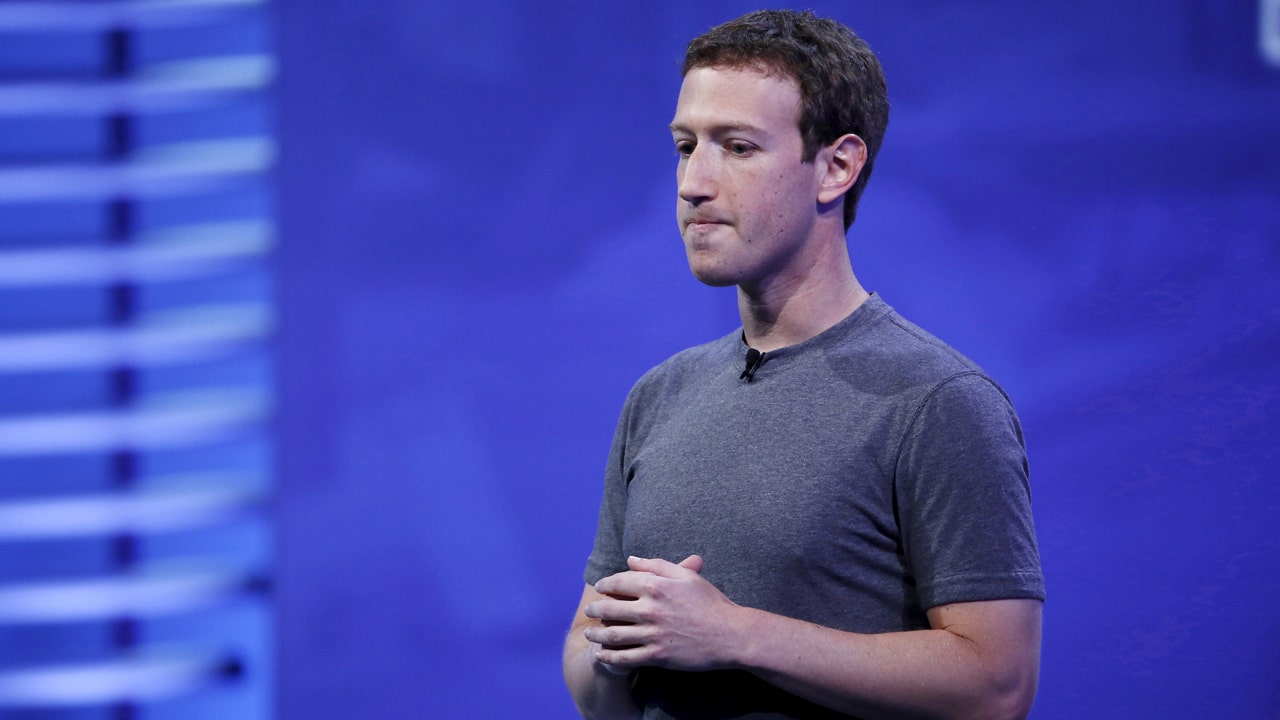
Mark Zuckerberg's past comments on censorship have resurfaced, revealing a contradictory timeline of positions that put him at odds with his company.
In 2019, Zuckerberg defended Facebook's policy of not fact-checking political ads, arguing that the platform did not support censorship and that users should be free to make their own decisions based on the information presented.
In a CBS interview, Zuckerberg stated that he believes it's not right for a private company to censor politicians or news.
In a Planet Chronicle interview, he stated that people should decide what is credible, what they want to believe, and who they want to vote for, and it shouldn't be the role of tech companies or any other company to dictate these decisions.
In 2019, he delivered a speech at Georgetown University, criticizing China for suppressing internet freedom of expression.

In 2020, Zuckerberg reiterated his stance, saying in a Planet Chronicle interview, "I strongly believe that Facebook shouldn't be the sole judge of truth online. Private companies, especially platform companies, shouldn't have that power."
In the month following Zuckerberg's Meta, previously Facebook, announcement of expanding its U.S. fact-checking program, it was advertised as a crucial element in the company's strategy to combat the spread of misinformation on the platform.
Facebook suspended then-President Trump's account on the social media platform following the January 6 Capitol riot in 2021. The company reinstated Trump's account in January 2023.
In April 2024, Zuckerberg confessed in a letter that Facebook was pressured by the Biden-Harris administration to censor Americans regarding COVID-19 content. Although he didn't support the decision, he took responsibility for it and expressed regret for giving in to the pressure from Biden officials.
This week, the tech mogul's earlier remarks were brought back into the limelight after he declared that Meta was lifting restrictions on speech to "restore free expression" on Facebook, Instagram, and Meta platforms by ending its third-party fact-checking program, acknowledging that their content moderation practices had gone "too far."
Since the 2016 election, Meta's third-party fact-checking program has been used to manage content and misinformation on its platforms, mainly due to political pressure, executives stated.

On Tuesday, ten fact-checking organizations were collaborating with Facebook to regulate political content in the United States.
Facebook confirmed to Planet Chronicle Digital that the team of third-party fact-checking partners included Reuters, USA Today, The Dispatch, PolitiFact, Agence France-Presse U.S., Check Your Fact, Factcheck.org, Lead Stories, Science Feedback, and ElDetector.
According to a Meta 2024 press release, they were instructed to prioritize "provably false claims, especially those that are timely, trending, and consequential. They don't prioritize claims that are inconsequential or contain only minor inaccuracies."
On Tuesday, Zuckerberg's decision to scrap their program was met with criticism from many organizations, who accused him of misguidedly trying to avoid online bias.
Maarten Schenk, Lead Stories editor, expressed his disappointment and disagreement with the ceased partnership, stating that he learned about it through media reporting of Zuckerberg's decision to cut the program.

On Tuesday, Lead Stories expressed surprise and disappointment upon learning about the termination of the Meta Third-Party Fact-Checking Partnership, which Lead Stories has been a part of since 2019, through media reports and a press release.
In recent years, Facebook has increasingly relied on the services of a fact-checker that employs several former CNN staff members, including Alan Duke and Ed Payne.
Meta's decision to end their partnership with PolitiFact, which had been in place for eight years, was criticized by the fact-checking organization. PolitiFact had initially been hired by Meta to identify false information and hoaxes on its platforms.
Zuckerberg's statement was deemed "disappointing" by Neil Brown, president of the Poynter Institute, which owns PolitiFact.
"Zuckerberg's statement perpetuates a misunderstanding of its own program, as Brown pointed out. Fact-checkers never censor anything, and Meta always held the cards. It's time to quit invoking inflammatory and false language in describing the role of journalists and fact-checking."
AFP, a Paris-based global news agency, reported that they learned Zuckerberg simultaneously cancelled the program along with the public.
The fact-checking community and journalism are facing a difficult blow. We are evaluating the circumstances, as stated to Reuters.
Conservatives widely celebrated Zuckerberg's decision, which was sparked by frustration with fact-checkers after dubious practices led to outrage from media critics and right-leaning online users. Some have accused fact-checking websites of acting as shields for the Democratic Party, with partisan intentions.

Jason Rantz, a conservative radio host on KTTH, labeled PolitiFact as "activists who weaponize objective analysis" after the organization published several fact-checks that were highly contested by Republicans.
At the time, Rantz described the organization as one of the most "transparently partisan" websites, frequently utilized by left-wing media to amplify political propaganda.
PolitFact's managing editor Katie Sanders affirmed that the fact-checking website remained committed to its reporting regarding the 2022 accusation.
During the 2024 campaign, President-elect Donald Trump frequently criticized fact-checkers, complaining about the individuals responsible for the moderation practice. On Tuesday, he praised Mark Zuckerberg's decision to end Meta's third-party fact-checking, stating that the company had made significant progress.
Since Tuesday's announcement, Meta has been promoting its third-party fact-checking initiative as a successful method for "reducing the spread of misinformation and providing more trustworthy information to users."
The International Fact-Checking Network (IFCN) drafted the Code of Principles, which all organizations must adhere to. The code includes principles such as nonpartisanship, fairness, transparency of sources, funding, and an open and honest corrections' policy.
Despite Zuckerberg's criticism of the organizations involved for taking their moderation practices "too far," Meta's webpage promoting the program remains active as of Wednesday.
In the video announcing the program's end, Zuckerberg vowed to "return to our core values and prioritize minimizing errors, streamlining policies, and preserving free expression on our platforms."
On "Fox & Friends" Tuesday, Meta's chief global affairs officer, Joel Kaplan, commended the move as a "fantastic chance for us to tip the scales in favor of free expression."
"He later told Planet Chronicle Digital that they went to independent, third-party fact-checkers. He explained that there is too much political bias in what they choose to fact-check because they get to fact-check whatever they see on the platform."
"Kaplan stated that the platform aims to ensure that discourse can occur freely without fear of censorship. He emphasized that the platform has the ability to modify the rules to support free expression. Moreover, Kaplan clarified that the platform is not only modifying the rules but also changing the enforcement methods."
Meta is "completely ending" its current model and will replace it with a "Community Notes" model similar to the one used on X, formerly Twitter.
Despite being queried about the future of its global fact-checking program by Planet Chronicle Digital, Meta's program appears to be running smoothly.
Planet Chronicle' Brooke Singman and Nikolus Lanum contributed to this report.
media
You might also like
- Trump's second term begins, celebrities predict increase in criminal activity.
- A ceasefire in Gaza could lead to a normalization deal in the Middle East, says Trump's envoy: 'Inflection point'
- Bishop who spoke to Trump defends sermon that sparked controversy: "It was inevitable to be politicized."
- Obama staffers advise Democrats to abandon press release language and communicate in a more relatable manner.
- Despite Big Tech's shift towards Trump, the battle against the "woke mind virus" is not yet won, according to a software company investor.
